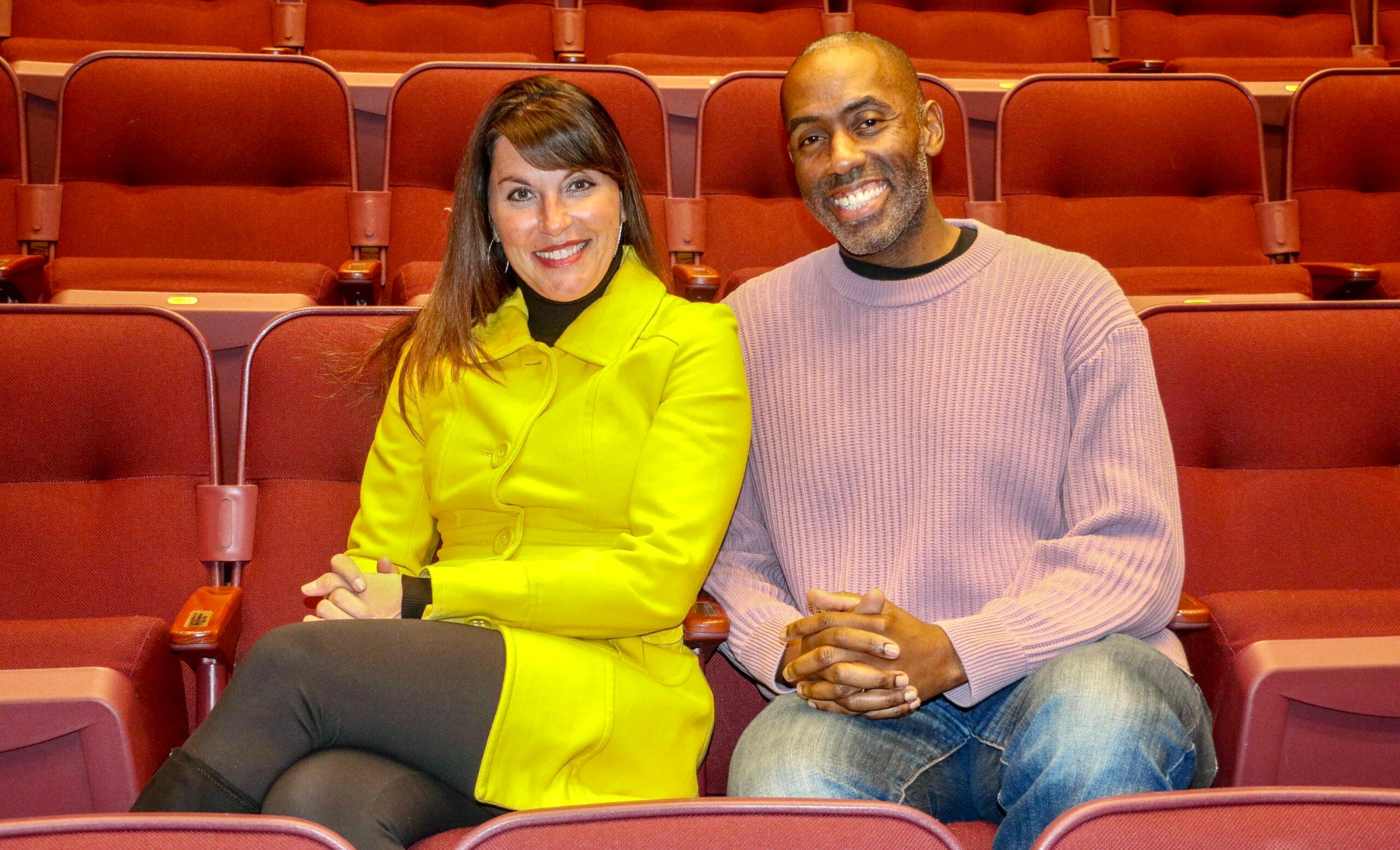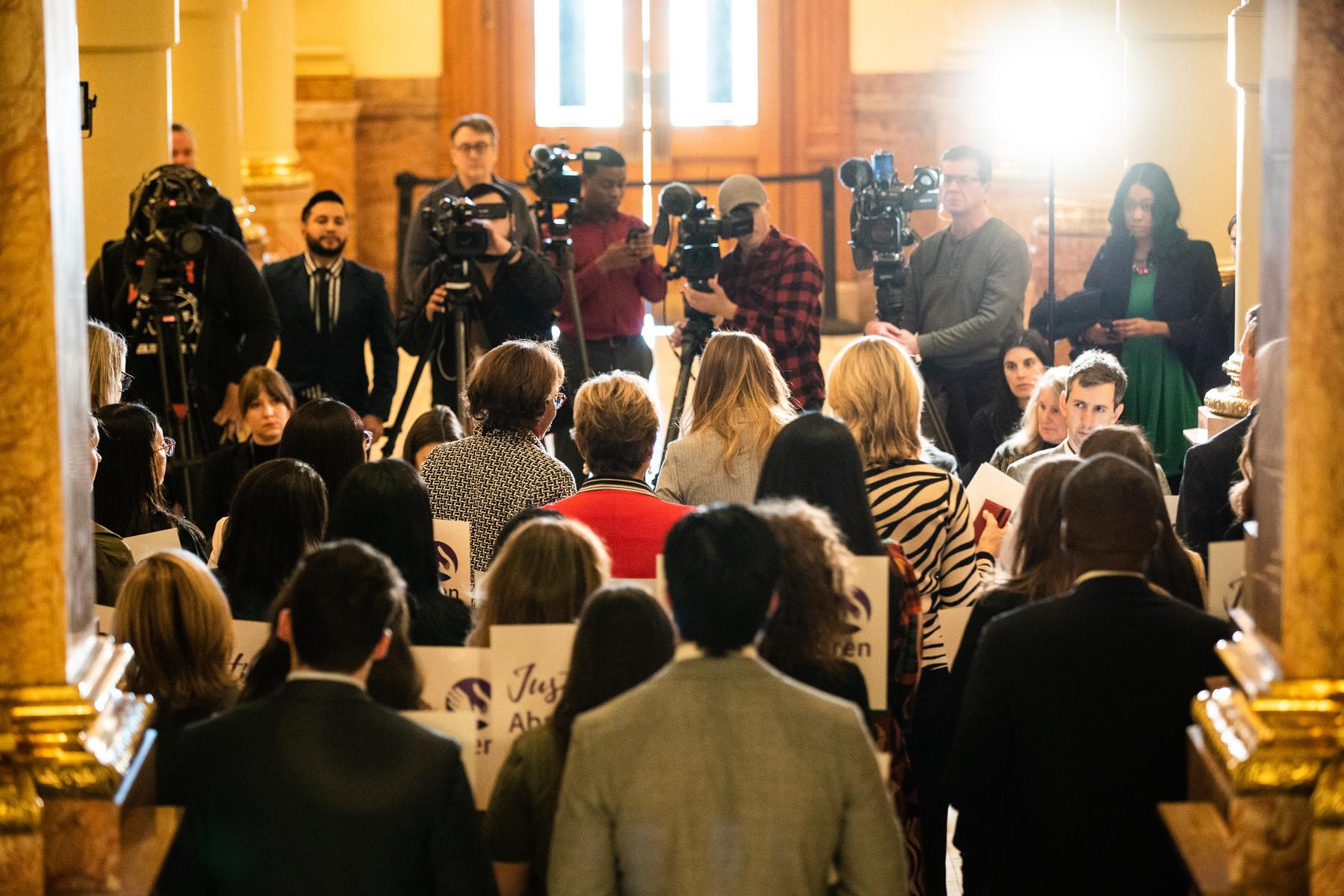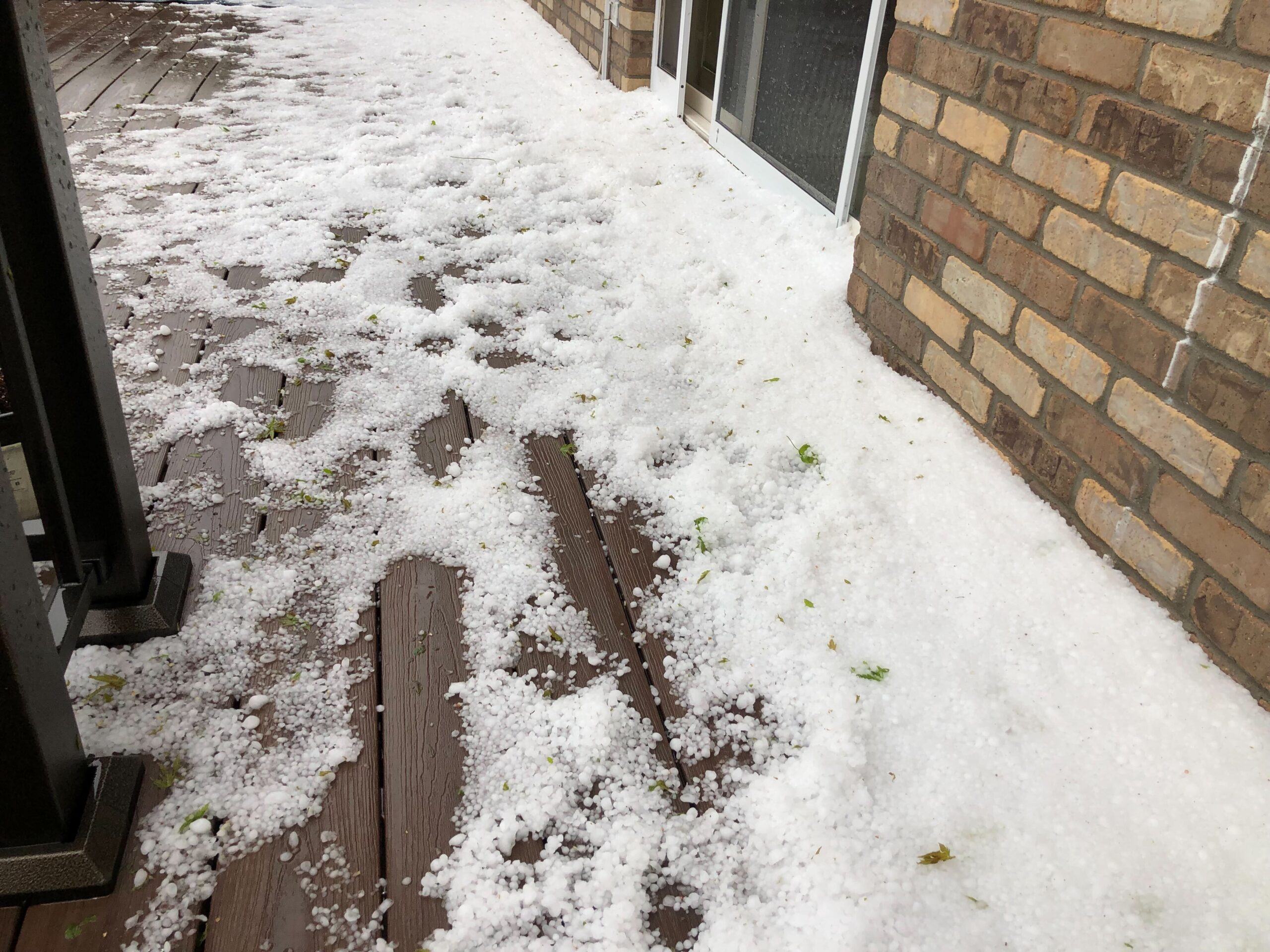
"Break a leg" and "the show must go on" are more than just clichés or superstitions for people in the theater profession; the sayings embody the commitment and fortitude of those who bring stories to the stage and face their problems squarely.
But when the broken leg becomes literal, it can sometimes take outside help for actors and other creative workers to go on.
For the past ten years, the Denver Actors Fund has helped Colorado theater workers — both on and off stage — deal with unexpected medical expenses, distributing $1,180,000 in support to date.
Actor Peter Trinh has had to turn to the DAF twice over the years. He was diagnosed with hypertension in his twenties and in 2019 found himself hospitalized for high blood pressure.

“I ended up in the emergency room, and… the first thought in my mind was like, do I avoid the care to avoid a big bill, or do I get taken care of and just worry about it later?” said Trinh. “Having an option like the Denver Actors Fund allows people like me an out, an escape from feeling cornered in your own health and finances.”
Longtime Colorado arts journalist John Moore and lawyer Chris Boeckx launched the DAF in 2013 to fill a need they saw in the theater community, where people often had to face even the most dire medical situations with few financial resources.
Moore said they thought there should be a standing fund, rather than waiting until after somebody experiences a crisis to try to raise help for them.
“We started off with a karaoke night one night at Voodoo Comedy Playhouse, and we raised $900. And we thought that was more money than we would ever see. And we slowly started helping people out with just small medical bills.” Moore said.
From that modest beginning, the fund has expanded year by year. But that kind of growth hasn’t been easy, and recently the non-profit decided to alter its leadership structure by naming two co-presidents of the board, Kenny Moten and Ronni Stark, to lead it going forward. Both of the accomplished and respected theatermakers have a long association with the Denver Actors Fund.
Moten said he was motivated to get involved with leading the fund because of the contributions he sees the theater community making across the state. For Stark, the big question was, how will the fund grow — and change — in the future.
“Where do we focus our efforts when the need is so great? I keep coming back to the important work that we have in front of us, and what does that look like?” said Stark, adding, “it's a very exciting time, but I think it's going to be a challenging time to see where we focus those efforts.”
While it’s called the Denver Actors Fund, DAF support is open to theater workers statewide. To be eligible, an applicant must have worked in a creative capacity on at least one theatrical production in Colorado within the previous five years and be a resident of the state for six months or longer.
The fund has already expanded its mission in new directions in recent years. It’s added the PAWS Fund for limited help with veterinary bills and launched a partnership with the Maria Droste Counseling Center to offer immediate, affordable mental health care.
Moten sees more opportunities for the DAF to grow further and offer direct services, like holding workshops to help younger performers develop. He notes early-career artists aren't moving away in the same way that they used to, but are instead staying put.
“How can we really nurture this community and allow it to grow?” is something he’s been asking himself. Expanding the reach of the DAF, Moten believes, might help “keep some of the homegrown talent employed here in Colorado.”
For his part, Moore is excited to see where Moten and Stark take the organization.
“They really see the Denver Actors Fund potentially growing into an advocacy organization that can provide workshops, provide tutoring, and help build skills within our community, which really has nothing to do with paying off medical bills, but it continues our growth in terms of wanting to be supportive in all ways for artists.” Morre said.
But the direct aid for health care will continue to be the major part of the fund’s purpose.
“I'm immensely grateful that the Denver Actors Fund is here, not just for myself and my husband, but for so many people, so many artists in Colorado,” said Colorado Springs actor, arts administrator and facilitator Lynne Hastings.
The Hasting have health insurance through their non-theater employers, but the Denver Actors Fund helped her family when they were hit with large out-of-pocket expenses their insurance didn’t cover.
Hastings noted that while her situation was on the lower end of the spectrum of medical bills, “there are some folks who they have given tens of thousands of dollars to, and without them, these people would be in very, very dire straits.”.
Moten and Stark said they have ambitious plans to fund growth in the future, with a focus on not just the health of individual performers and workers, but of Colorado’s theater community as a whole.
“A lot of regional theaters are struggling,” Moten said. “We're seeing the closure of a lot of smaller theater companies after the pandemic. And this way, I think we can really pinpoint where there can be some change-making happening, and we can really split up some of that work and collaborate on some of that work.”









